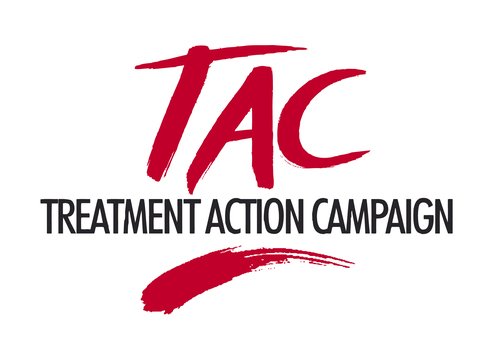Bill affects cost of medicine: TAC
Updated | By Catrine Malan
Treatment Action Campaign says the draft Intellectual Property Laws Amendment Bill will have a direct impact on health and the cost of medicine.

The draft Intellectual Property Laws Amendment Bill will directly affect health and the cost of medicine, the Treatment Action Campaign said on Thursday.
"This policy is not just about legal technicalities. It will directly affect the health and lives of many millions of people," TAC Gauteng secretary Andrew Mosane said in a statement.
"By fixing the patent laws, South Africa can lower prices of existing medicines, and also create incentives for the development of new and improved treatments to tackle the diseases people live with every day," he said.
Thursday is the last day for public comment on the draft legislation.
The bill will affect various industries including mining, agriculture, broadcasting, music, and public health.
It seeks to amend the protection, copyright, trade marks and designs acts by including provisions which aim to recognise and protect traditional knowledge.
The Fix the Patent Laws campaign, run by the TAC, Doctors Without Borders (MSF), and Section27, would hand in their submission on the bill, supported by 130 international organisations and experts, to the trade and industry department on Thursday, it said.
The campaign had been working to amend patent laws in the country to access cheaper medicines.
When desperately needed drugs were too expensive, people paid both from their wallets and with their lives, MSF access campaign officer Julia Hill said in a statement.
"In South Africa competition is not as robust as it is in many other countries. As a result, we don't have more affordable generic versions of oral contraceptives, medicines to treat bi-polar disorder, cancer medicines, and other vital drugs that are available elsewhere."
The submission noted that South Africa paid artificially inflated prices for medicine because patents were handed out without applications being examined.
This allowed pharmaceutical companies to obtain multiple patents of the same medicine, making small changes with no benefit to the
patient.
-Sapa
Show's Stories
-
Chihuahua saves owner trapped in icy glacier hole
Don't judge a little lapdog by its size!
The Drive with Rob & Roz 8 hours ago -
Ed Sheeran showcases debut collection of Jackson Pollock-esque art
He's in love with shapes made with paint!
The Drive with Rob & Roz 10 hours ago